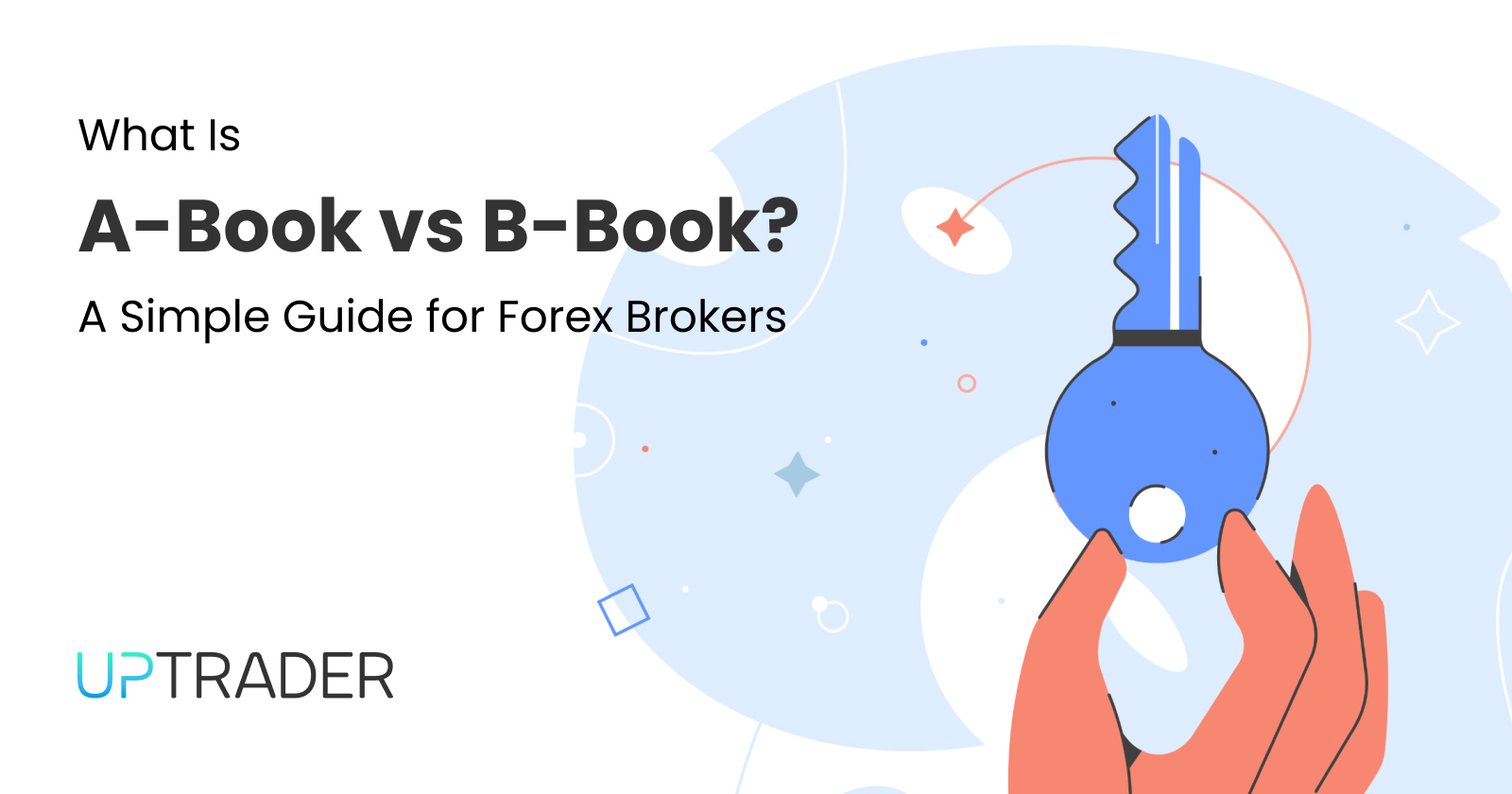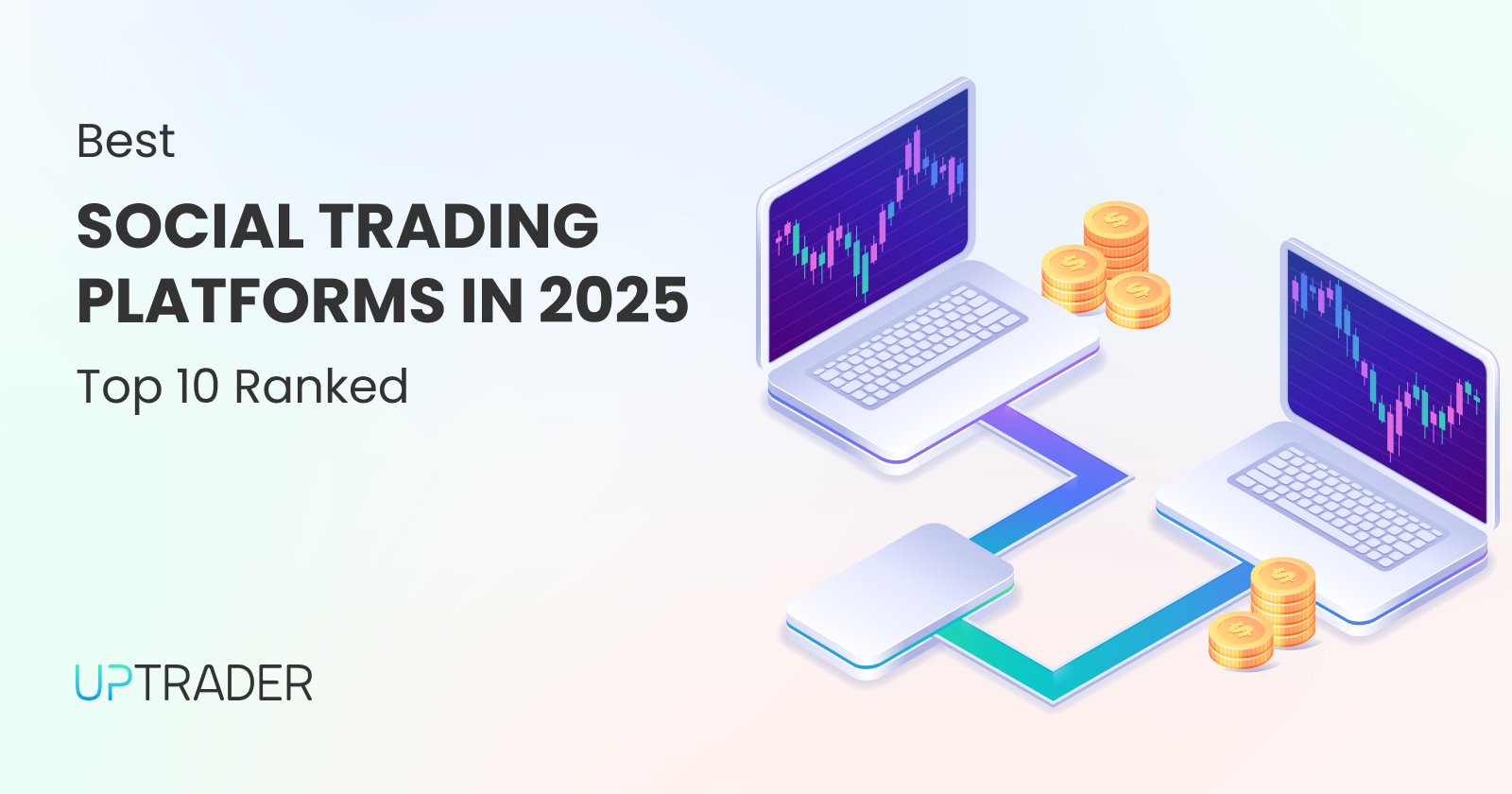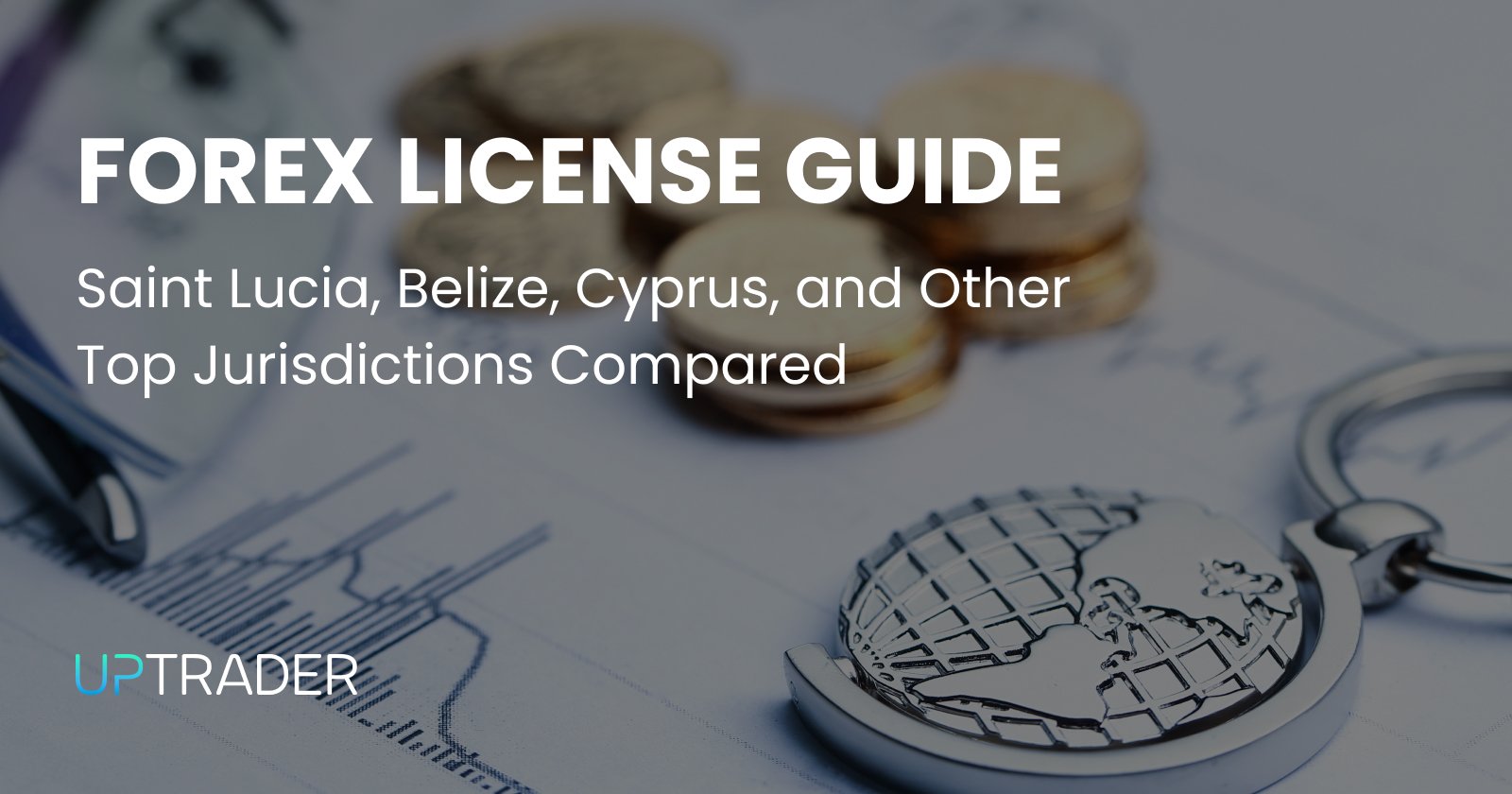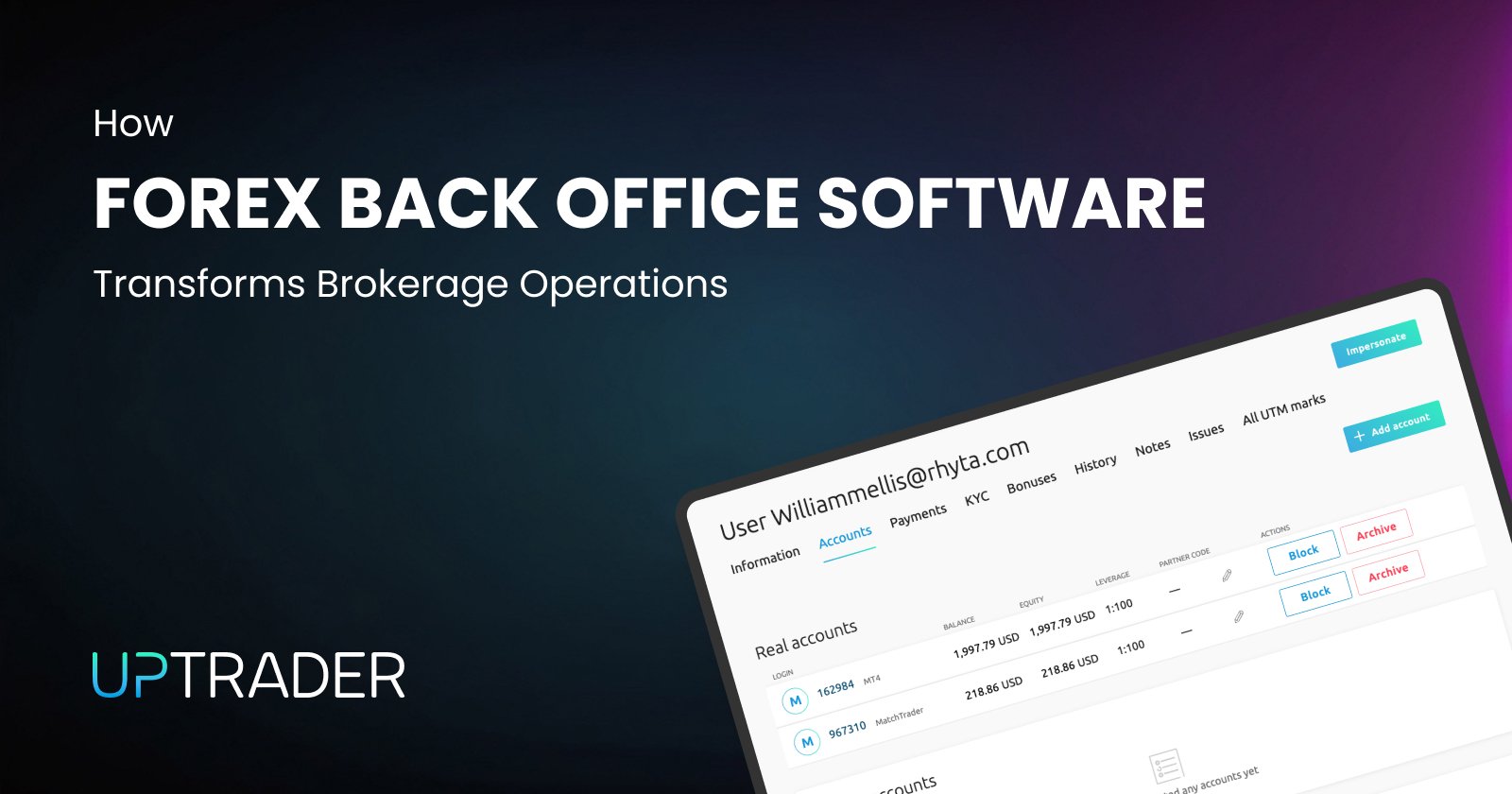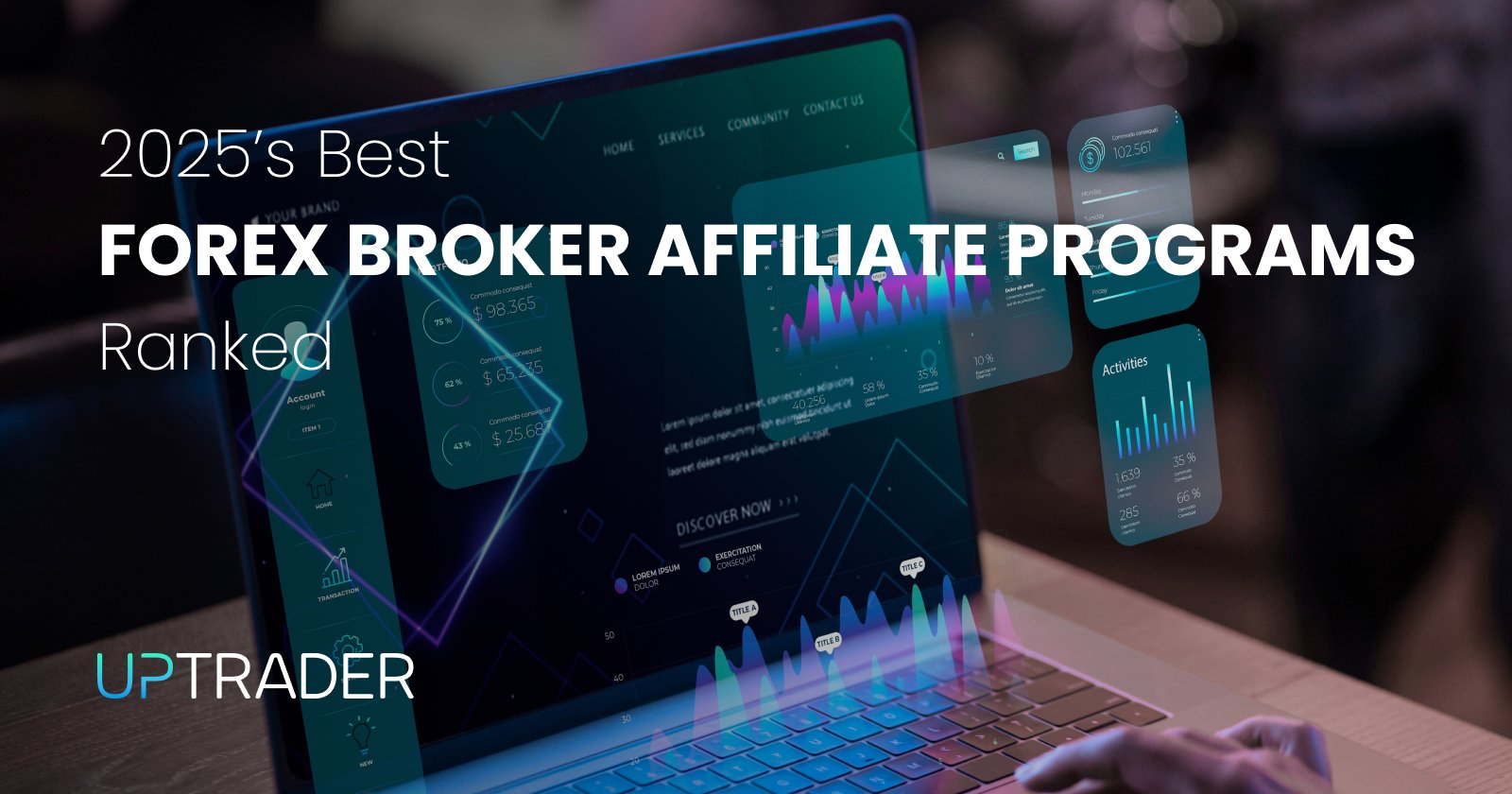
2025’s Best Forex Broker Affiliate Programs Ranked
Forex, the foreign exchange market, hits a whopping $5.3 trillion turnover each day, setting the record as the most liquid and open financial market that runs 24 hours! This high turnover marks it as truly unique and unmatched in comparison to any other product sale and gives forex brokers a chance to reach the highest revenues through continuous profits. Forex traders and users tend to deposit funds over a lengthy period, which increases the value of a user or customer (known as lifetime customer value), giving affiliates a golden opportunity to earn RevShare on trading volumes.
Criteria for Ranking the Best Forex Affiliate Programs
While considering forex broker affiliate programs, our comparison focused on:
- Commission Models & Payouts: Hybrid models, CPA earns, RevShare rates, and timeframes set by lifetime cookies.
- Brand Reputation & Regulation: Brokers regulated by top authorities (ASIC, CySEC, FCA) tend to convert better and provide stability.
- Marketing Tools & Support: Reporting templates for banners, emails, widgets, and affiliate managers, plus other tools or support provided in real-time.
- Geographic & Product Coverage: Multi-language provision and the wide instruments in forex, CFDs, and crypto together enable tapping the global markets.
2025’s Top 10 Forex Broker Affiliate Programs Ranked
1. UpTrader Affiliate Program
UpTrader’s affiliate program stands out with fully customizable commission models, allowing partners to choose between CPA, RevShare, or hybrid plans tailored to their specific traffic and audience.
Affiliates enjoy weekly settlements through multiple payment gateways, ensuring fast and reliable payouts. The program features a generous 120‑day cookie window with multi‑tier tracking for sub‑affiliates, all seamlessly integrated into the UpTrader Forex CRM.
This integration provides advanced real‑time reporting dashboards, transparent earnings tracking, and multi‑tier IB management. Dedicated account support and a library of customizable marketing creatives, along with access to copy‑trading and PAMM modules, make it easy for affiliates to promote automated trading solutions.
2. Libertex Affiliate Program
Libertex offers a CPA commission of up to $1,200 per new client and a RevShare split of 40 % to 60 %, depending on trade volume, making it attractive for those seeking both upfront and residual income. The program includes a lifetime cookie, customizable banners, and regular market-insight newsletters for affiliates to share.
3. Vantage Markets Affiliate Program
Vantage Markets’ partnership features a CPA of up to $1,200 USD alongside RevShare and IB rebates in a hybrid structure. Vantage provides real-time analytics, co-branded marketing campaigns, and personalized onboarding to help affiliates optimize their campaigns across forex and CFDs.
4. Pepperstone Affiliate Program
Pepperstone rewards affiliates with up to $800 USD per active trader, with the option to tailor commission structures between CPA, RevShare, or hybrid models. The program also boasts a robust tracking platform, dedicated account management, and a 45-day cookie period for maximum attribution.
5. AvaTrade (AvaPartner) Affiliate Program
AvaPartner offers a flexible model - including CPA up to $800, RevShare on spreads, and hybrid plans - backed by educational materials, webinars, and a lifetime cookie to maximize conversions. Affiliates gain access to multilingual support, custom landing pages, and regular performance insights.
6. FXTM Affiliate Program
FXTM Affiliates can earn up to $600 USD CPA for each qualified trader they refer, plus RevShare of up to $15 per lot traded. The platform provides tiered CPA rates that increase with higher volumes, detailed reporting tools, and localized marketing collateral for over 150 countries.
7. Forex.com Partnership Programs
Forex.com’s IB and affiliate schemes reward partners with competitive payouts based on client trading volumes, including share-of-spread or fixed per-trade commissions. Affiliates appreciate their award-winning brand reputation, multiple platforms (Forex.com, City Index), and comprehensive back-office reporting.
8. XM Affiliate Program
XM Partner Program is one of the largest in Forex, with 200,000+ affiliates worldwide and flexible hybrid commission plans: revenue share up to $80 on FX, $75 on crypto CFDs, $80 on metals, and CPA up to $1,000 per client. With daily payouts, multilingual tools, and 24/7 support, XM is built for sustainable growth.
9. IC Markets Affiliate Program
IC Markets Partners pays affiliates based on client trading volume, with uncapped commissions, tiered incentives, and promotional bonuses. PartnerKin.com notes that IC Markets’ simple onboarding, free demo accounts, and real-time performance tracker boost conversion efficiency.
10. eToro Affiliate Program
eToro Partners delivers CPA of up to $400 USD per new trader plus 25 % RevShare, leveraging the platform’s social-trading appeal and strong branding. Affiliates gain access to a custom tracking portal, banners, deep-linking options, and exclusive promotions for sports traders and crypto enthusiasts.
Runner-Up Brokerage Affiliate Programs Worth Considering
- BlackBull Partners: Offers up to $500 CPA and a generous 120-day cookie, plus hybrid RevShare options.
- Eightcap Affiliates: Delivers CPA of up to $1,000 USD and 50 % RevShare, supported by a user-friendly partner portal and diverse ad creatives.
- Fortrade Affiliates: Features CPA up to $800 and RevShare up to 40 %, with regular webinars and regional events for lead generation.
How to Select the Right Forex Broker Affiliate Program for You
- Match Your Audience: Select brokers who correspond with your audience - beginners versus advanced professional traders, forex-only versus multi-asset.
- Evaluate Marketing Materials: Seek real-time analytics, content libraries, static and dynamic banners, emails, and active affiliate managers.
- Evaluate Revenue Share Preferences: Determine if you prefer receiving payment via CPA, recurring RevShare, or a mix of both.
- Assess Geographic Presence & Policy Compliance: Be certain the broker is supervised in your markets of interest and accepts local payment options.
- Review Cookie Duration & Payment Terms: Longer cookies (lifetime or 120 days) and dependable payments made at agreed times enhance your long-term revenue.
Conclusion and Final Thoughts
Be strategic and choose slowly; the information posed can grow your revenue significantly over time.
Investors can reap the unmatched potential available in 2025, particularly the enormous forex market. Marketing strategy support or high payment models are designed to be utilized alongside Exness’s industry-best $1,850 CPA, IC Markets’ trade volume-based model, or even eToro’s renowned social-trading platform. With proper audience alignment alongside brokers, there is seamless access to conversion maximization, partnership building, and profit harvesting in this trillion.
Monitor your every move to strategically optimize step by step to ensure lasting partnerships while capitalizing on this billion-dollar market.
If you are willing to take advantage of incredible features like Affiliate Programs, PAMM, and MAM modules, Copy Trading platforms, CRM solutions, etc, then talk to a consultant on our site, or try UpTrader today.





